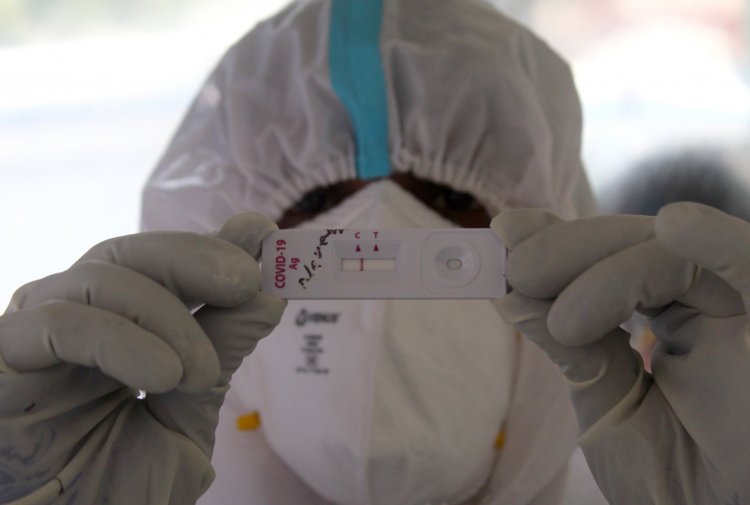Delhi Dispensaries to Offer Rapid Antigen Testing

Continuing the testing facilities in the city, the Delhi government has decided to offer rapid antigen testing at all health facilities including more than 200 dispensaries and 25 polyclinics.
This decision is part of the state’s new technology of ‘test-track-test’ to ensure the timely detection and prevention of Covid-19.
Officials said that high-risk groups would be given separate attention, including rickshaw drivers, laborers, vendors and masons. While the central district will conduct a campaign to test rickshaw / auto / taxi drivers and freight trains and lorry drivers, the Southeast district will set up a rapid antigen testing camp at Kotla Mubarakpur to test daily laborers and masons. The Eastern District will test the vendors and laborers of the Azadpur and Ghazipur mandis.
“With around 2,500 cases reported every day, at least 7-8 direct and indirect high-risk contacts (at home and workplace) are expected. Aggressive contact tracing and testing are important to ensure that the infection is effectively controlled in its tracks. This means that we need to test at least 20,000 people each day continuously. Since contact can take place in any part of the city, the testing facility will be made available in identified dispensaries and polyclinics, depending on the patient’s movement.” - an order issued by Nutan Mundeja states.
While RT-PCR is the gold standard for the diagnosis of Covid-19, the ICMR recently approved the use of a point-of-care rapid antigen test for early detection of the disease. The test is already being conducted in zones and hospitals.
Dispensaries can test all individuals with influenza-like illness (ILI) and asymptomatic direct and high-risk contacts. Testing will be offered for eligible persons from 9 am to 12 pm on all working days. Those negatives will be tested again through RT-PCR testing.
The revised response plan for Covid-19 in Delhi underscores the need for aggressive testing across the capital. All individuals / patients with ILI symptoms, acute respiratory illness (SARI), have to be tested by rapid antigen testing in both public and private health facilities.
Asymptomatic patients who are hospitalized or hospitalized and fall under high-risk groups (chemotherapy, immunosuppressed, HIV +, malignant disease, transplant patients; those who are lung, heart, liver, kidney, diabetes, Neurological and blood disorders) above 65 years; are to be tested using rapid antigen testing. Those going for elective surgery and non-surgical procedures also have to be tested through this technique.















































